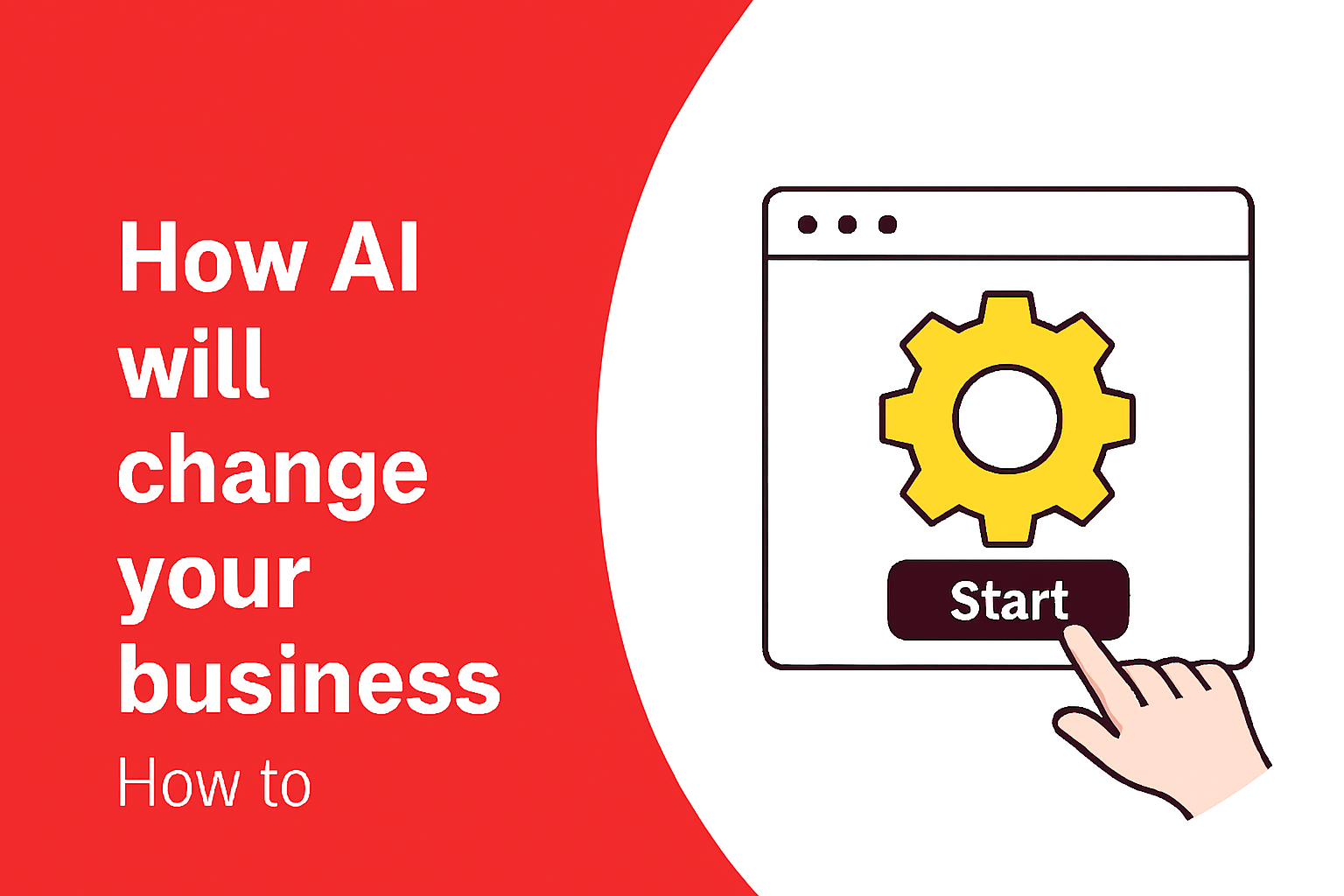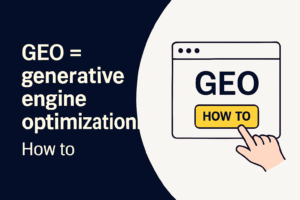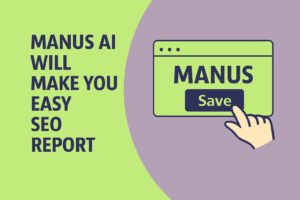Artificial Intelligence and the Future of Work: Which Businesses Are Most Resilient to Automation?
Artificial Intelligence (AI) represents one of the most fundamental technological revolutions of our time, transforming the job market and the business environment. While some professions face the immediate threat of automation, other types of businesses are surprisingly resilient to the influence of AI. The key to understanding this dynamic lies in distinguishing between tasks that can be algorithmized and those that require unique human qualities such as empathy, physical dexterity, or authentic community ties.
The following analysis divides business sectors according to their resilience to AI, highlighting why these areas are likely to thrive in the era of digital transformation.
🧠 1. Businesses Based on Interpersonal Contact, Trust, and Emotion
AI can process data and generate text, but it cannot authentically replace human relationships, trust, and emotional intelligence. Businesses where personal interaction and empathy are the key added value will maintain their irreplaceable position.
- Psychotherapy, Coaching, Mentoring: People in crisis situations or seeking personal development look for empathy, understanding, and a human perspective. AI can serve as a supplementary tool for data analysis or information provision, but it cannot replace the therapeutic relationship built on trust.
- Elder Care, Personal Assistance, Social Services: Physical contact, the human touch, and social interaction are essential in these areas. AI and robotics can assist with monitoring or logistics, but they cannot replace human care.
- Personal Services (Hairdresser, Masseuse, Beautician, Physiotherapist): These services are inherently physical and require direct interaction. The customer relationship and the quality of manual work are crucial here.
- Events, Weddings, Gastronomy: AI can optimize planning and logistics, but the atmosphere, creative problem-solving, and overall experience are created by people.
⚙️ 2. Businesses with Manual or Craft Activities
Although AI and robotics are advancing in the automation of physical labor, small-scale craft and manual activities remain resilient. The reason is the high variability of tasks, the need for improvisation in the real world, and the high demand for individual quality and personal responsibility.
- Trades: Carpenters, bricklayers, electricians, plumbers, gardeners, and repair technicians work in a constantly changing environment where every project is unique. AI can help with design or diagnostics, but the actual execution in the field is performed by a human.
- Artistic Craftsmanship: Jewelers, potters, manual producers, and textile creators offer products with high added value, which lies in their uniqueness and personal signature.
- Micro-local Production: Farm products, local foods, and products “from people for people” benefit from transparency, a story, and trust in the origin, which AI cannot replicate.
🌱 3. Businesses Connected to the Local Environment and Community
AI is global and digital, but it cannot create an authentic local relationship and community atmosphere. These businesses are resilient because their value lies in geographical presence and social capital.
- Local Cafe, Bakery, Bistro: People come here not just for the product, but also for the atmosphere, social interaction, and a sense of belonging to the community.
- Small Farms and Eco-projects: Customers appreciate the ability to know the origin of products and transparency.
- Cultural and Educational Centers, Community Workshops, Coworking Spaces: These spaces serve to connect people and share experiences, a value that cannot be digitized.
🎨 4. Creative Businesses with a Personal Signature
While AI excels at content generation (text, images, music), it cannot create personality, authenticity, and a brand with a deep story. AI is a tool, but the original idea, vision, and personal style remain human.
- Artists, Designers, Photographers, Illustrators: While AI can generate images, the market value of art often lies in the creator’s identity and intent.
- Influencers and YouTubers: Their success is built on authenticity, personal story, and a relationship with the audience, which is unattainable for AI.
- Brands with a Distinct Philosophy: Businesses that sell more than just a product—they sell ethics, a story, or a lifestyle—will maintain their value.
🏡 5. Services Requiring Physical Presence
AI does not have hands yet. Any service that requires manipulation of the physical world remains the domain of humans.
- Construction, Property Maintenance: Despite advances in robotics, the complexity and unpredictability of a construction site are still beyond the capabilities of full automation.
- Medical Procedures: Dentists, physiotherapists, and nurses perform tasks that require fine motor skills, quick decision-making, and physical presence.
- Tourism: Guides, accommodation providers, and experience providers sell a physical experience and local knowledge.
🚀 Bonus: New Businesses Utilizing AI, but Not Dependent on It
The greatest opportunity lies in businesses that do not compete with AI but use it as a tool to increase efficiency. These companies are resilient because they become indispensable in the transformation of other industries.
- AI Consulting and Education: Helping small and medium-sized businesses implement AI tools into their processes.
- Development of AI Plugins and Tools: Creating specialized solutions for specific fields (e.g., AI for legal analysis, AI for optimizing craft orders).
- Integration of AI into Traditional Processes: Automating administration, marketing, and customer support, thereby freeing up human resources for more creative and relationship-based tasks.
🔍 Summary: Business Resilience to AI
The following table summarizes which types of businesses are currently most resilient to full automation and where the risk of replacement is highest.
|
Type of Business |
Resilience to AI |
Example |
Reason for Resilience |
|
Craft and Physical |
⭐⭐⭐⭐ |
Plumber, Carpenter, Bricklayer |
Necessity of physical manipulation and improvisation in a real, unstructured environment. |
|
Personal and Relational |
⭐⭐⭐⭐ |
Coach, Therapist, Masseuse |
The key role of empathy, trust, and emotional intelligence. |
|
Local Community |
⭐⭐⭐ |
Cafe, Farm, Bistro |
Value lies in authenticity, geographical presence, and social capital. |
|
Creative and Artistic |
⭐⭐⭐ |
Painter, Influencer, Designer |
Value is in the personal signature, brand, and authenticity of the creator. |
|
Digital (without added value) |
⭐ |
Translation, Generic Copywriting, Basic Data Analysis |
Tasks are routine, repetitive, and easily algorithmized. |
In conclusion, the future of work will not be about replacing humans with machines, but about collaboration. Businesses that focus on unique human capabilities—creativity, critical thinking, social interaction, and physical dexterity—have the best prerequisites for long-term success in the age of artificial intelligence.





